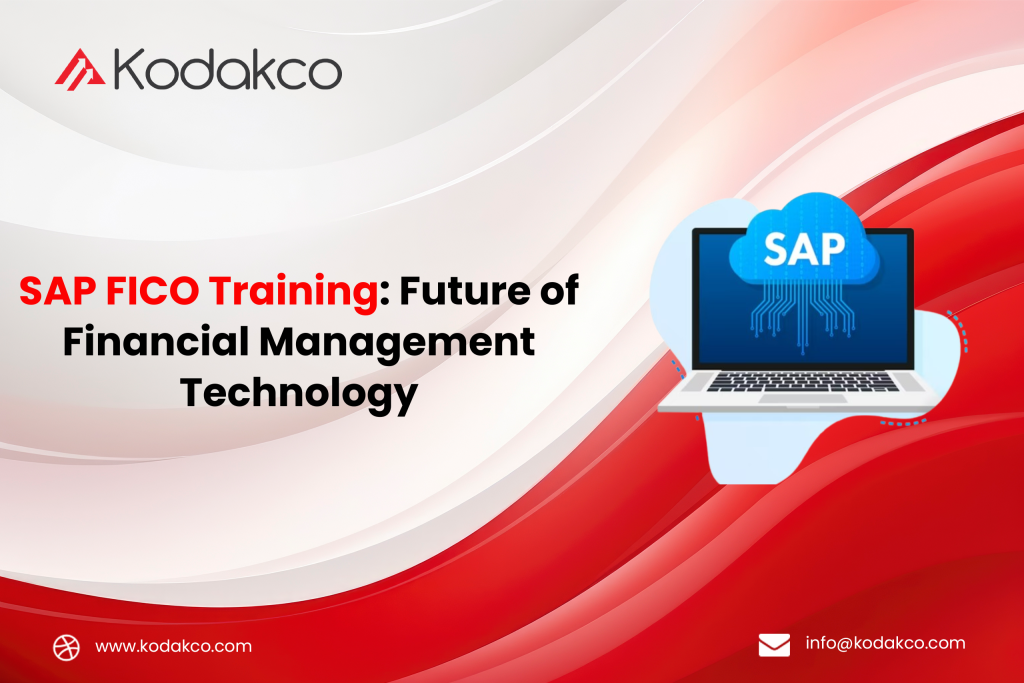Of all mankind’s progress, internet connectivity is considered to be among the best. Think of online shopping, for instance. We use websites such as Amazon and Myntra with such ease that the idea of stepping outdoors to shop will soon become obsolete. These e-commerce platforms are so user-friendly that even a novice faces no inconvenience. Have you ever wondered how these online applications are designed for our benefit? Well, this is the job of Backend Development personnel!
What is Backend Development?
Backend development deals with aspects related to the server of a website. The objective is the smooth functioning of a particular site so that the users may face no problem operating it. Essentially, backend developers look after a web application’s performance by working on its database exchanges and programming interfaces. This means that they build the required database and merge it with the application’s programming interface with the help of server-related codes. Consequently, when we search for something on a website, backend developers use server-specific language to retrieve the information from a databank. After that, this information is processed and presented to the user.
All in all, backend developers manage aspects of a web application that customers cannot see. Thus, backend development is a task that aims to build an online application that is accessible and secure owing to an efficiently functioning server. To be able to do this, one can join Java Full Stack Certification Courses to learn Backend Development skills.
Backend Development Skills- Technical
There are several attributes that backend developers must possess in order to be successful at what they do. These comprise both technical and non-technical abilities.
To begin with, here are the professional skills for Backend Development –
1. Proficiency in Programming Languages
Knowing server-based languages is undoubtedly an essential prerequisite for this job. Backend developers must be adept at programming languages like Python, Java, and PHP. These will enable them to develop the necessary codes and deal with the server-end requirements – managing databases and integrating the codes with the application’s programming interface.
2. Working with Frameworks and Tools
Backend developers are responsible for designing the architecture of a website. For this, they must use frameworks and tools like Ruby, and Node.js. These tools work hand-in-hand with programming languages to develop a secure and scalable website. Subsequently, the online applications run on various Operating Systems with ease.
3. Knowing Database Programs
As mentioned earlier, backend development is closely associated with server-based tasks of a website. Backend developers look into the use of data as far as accessing, controlling, and storing it in the databases is concerned. Subsequently, stacking and recovering information from storage grid systems located on a server is what they must primarily do. Therefore, an in-depth understanding of database programs – MongoDB and SQL – is a must for these professionals
4. Being familiar with APIs
Application Programming Interface is a software-based pathway via which two applications talk to each other. For example, the association between a website and a phone application takes place in the form of a user’s need and a seller’s service provision. Thus, APIs are developed with the help of C++ or JavaScript and are responsible for establishing this connection. As a result, backend development demands the knowledge of APIs so that users can easily find the information they seek.
5. Clearly Understanding Data Structures and Algorithms
Since backend development is data-driven, it is of utmost importance for backend developers to know Data Structures and Algorithms. This is because knowing DSA will assist them in writing effective and scalable codes. As a result, they will be able to execute and exhibit information efficiently.
Backend Development Skills – Non-Technical
Now, we shall discuss the soft skills that the backend development domain requires of its experts. To become an accomplished backend developer, it is vital to have the following non-technical traits –
- 1. Excellent Communication: This allows technical personnel to express ideas and present their knowledge clearly and accurately. This involves written and oral communication because backend developers must document codes and write reports as well as talk to clients.
- 2. Active Listening and Problem Solving: Listening attentively to project managers, teammates, clients, and other stakeholders will enable backend specialists to catch all the details. Subsequently, they will be able to understand exactly what they are expected to do. Moreover, resolving issues becomes easy when they have understood all aspects of their project via their ability to listen well.
- 3. Creativity and Analytical Thinking: Being creative at work allows professionals to innovate. So, when collaborating with colleagues, they can bring newness to an assignment that indicates their resourcefulness. Similarly, analyzing new ideas and their usefulness is crucial. Therefore, analytical thinking will help backend developers make informed decisions and save a project from failing.
Backend Development – Roles and Responsibilities
A backend developer possessing the relevant skills and knowledge must perform a variety of duties at the workplace. Let’s consider these in detail here –
- To begin with, a backend expert must use tools, frameworks, and programming languages so as to develop an easy-to-use website.
- Additionally, he/she must write efficient codes to ensure the high functionality of an online application.
- Also, building prototypes, dealing with technical concerns, and troubleshooting to resolve the raised queries is an important part of their job.
- Moreover, a backend specialist must create a sturdy and dependable API that will sustain the easy functioning of an application on varied devices.
- Furthermore, he/she is responsible for conducting quality tests to make sure that the user experience is enhanced on any given browser or device.
- He/she must also maintain the desired speed of a website and evaluate it from time to time making it easily accessible to users.
- Finally, a backend professional must connect and collaborate with project managers and other related teams to understand what needs to be done.
- Similarly, maintaining an open communication flow with clients and stakeholders will allow him/her to deliver as per the customer’s expectations.
Backend Developer – Salary
Here is a chart that throws light on the approximate payment figures for backend developers at various levels –
| Experience | Average Backend Salary |
| Entry Level (less than 3 years of experience) | ₹6.1 lakhs per year |
| Mid-career Level (4–9 years of experience) | ₹12.7 lakhs per year |
| Experienced (10–20 years of experience) | ₹22.6 lakhs per year |
As per the latest available data, Glassdoor indicates that the basic annual pay package for a backend developer in India ranges between ₹4 lac and ₹12 lac.
Best Backend Development Course– Henry Harvin
In addition to completing a relevant Computer Science degree program, a backend development aspirant must do the required certification courses.
Henry Harvin Education is a trusted brand in the international TechEd market. Moreover, it is listed in the ‘Top 30 Most Trusted Companies’ by Insight for disseminating quality training for numerous courses. Of these, its ‘Full Stack Developer Pro Course’ is a popular Full Stack Developer Training Course that Henry Harvin offers. This is a must-do training program for those wanting to pursue a career as a Backend Development professional.
Highlights of the Full Stack Developer Pro Course –
- The course provides complete knowledge and understanding of front-end and back-end development.
- Additionally, it helps to gain mastery over several programming languages and frameworks.
- The course also teaches the learners to manage end-to-end web application development.
- Furthermore, the trainees learn to pool resources and efficiently establish interdepartmental collaboration via the many projects that the course offers.
- Moreover, Hackathons and other such competitions enable the learners to acquire problem-solving abilities along with impressive website design competencies.
- The course structure also provides excellent know-how in database management.
- Additionally, the training comprises interactive live sessions and a guaranteed internship ensuring that the trainees gain the required proficiency.
All in all, the Full Stack Developer Pro Course at Henry Harvin is a sure-shot way of enhancing one’s career opportunities as a Backend Developer.
Conclusion
Based on the details provided in this write-up, one can know the demands and requirements of Backend Development as a profession. Understanding the skills and roles of a backend developer can allow one to make this their career choice. Of course, being passionate about technology and having the curiosity to learn about its changing trends is essential.
FAQs
Ans.) A backend developer with less than 1–5 years of experience earns about ₹8.8 lakhs per year.
Ans.) In addition to working alone, backend developers need to work with cross-functional teams as well. Also, they are required to connect with clients to understand their requirements. Therefore, possessing soft skills will allow them to communicate effectively and ensure the smooth and accurate completion of their tasks.
Ans.) Frontend and backend developers need to work closely for the application to function smoothly. Therefore, a backend developer must have some insight into what frontend developers do and a full-stack development training program deals with the requirements of both.
Ans.) There is a possibility that you may be offered the work-from-home facility. However, this entirely depends on your organization’s policies and the nature of your assignment.
Ans.) Yes, several renowned companies hire backend developers. Some of these are Tata Consultancy Services and Infosys.



